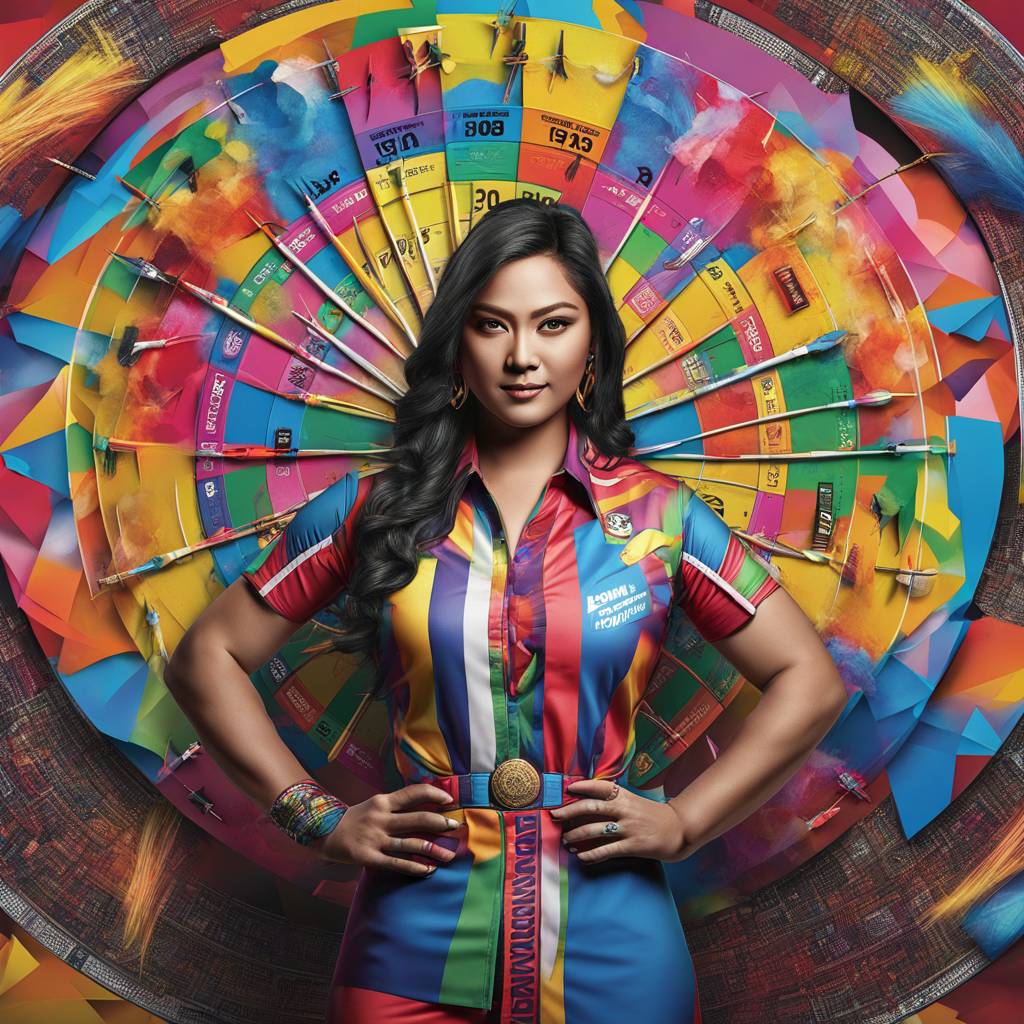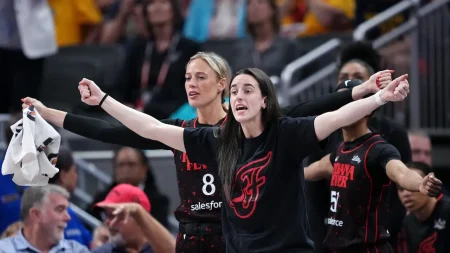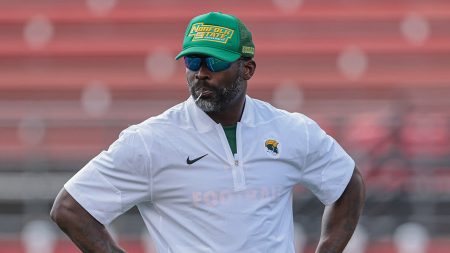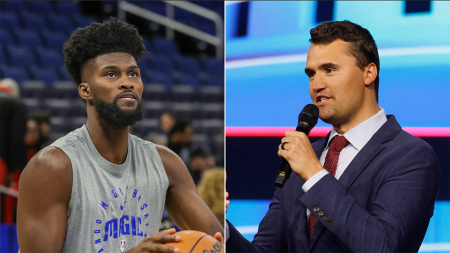Transgender darts player Noa-Lynn van Leuven made headlines after winning titles against both men and women in the same week. Van Leuven won a women’s event in the Professional Darts Corporation (PDC) by defeating Beau Graves and Katie Sheldon, followed by a mixed competition victory over male opponents. The backlash against van Leuven began as she transitioned into women’s competitive darts, with some questioning her participation in female events.
Despite the criticism, PDC chief executive Matt Porter stated that van Leuven adheres to the organization’s transgender participation policy, which follows guidelines set by the Darts Regulation Authority and the International Olympic Committee (IOC). The IOC requires transgender female competitors to have a testosterone level below 10 nanomoles per liter for at least 12 months, with a four-year wait before changing gender identity. The policy aims to mitigate any potential advantage and ensure a fair playing field for all competitors.
Van Leuven’s participation in women’s darts sparked controversy both within the sports world and on the Dutch national team. Players Anca Zijlstra and Aileen de Graaf chose to step aside from the team in response to van Leuven’s presence, expressing concerns about fairness and equality in sports. Tennis legend Martina Navratilova also weighed in on the issue, highlighting the challenges faced by female athletes in cases involving transgender competitors.
The debate surrounding van Leuven’s participation raises broader questions about inclusivity, fairness, and the complexities of transgender rights in sports. While some argue that transgender athletes should be allowed to compete in accordance with established guidelines, others fear that their presence may create an uneven playing field or disadvantage cisgender competitors. As discussions continue, finding a balance between inclusivity and fairness remains a key challenge for sports organizations and athletes alike.
Van Leuven’s success on the darts circuit reflects her dedication and skill as a competitor, regardless of her gender identity. As she navigates the challenges and controversies that come with being a transgender athlete, van Leuven serves as a reminder of the importance of diversity and representation in sports. While her victories may spark debate, they also highlight the evolving nature of sports and the need to create inclusive environments for all athletes, regardless of gender identity or background. In the end, van Leuven’s story serves as a powerful example of perseverance and resilience in the face of adversity in the sporting world.













